News
Student overcomes severe spinal injury to graduate
16 July 2025
A student who suffered a serious spinal cord injury, leaving him with chronic pain that threatened not just his career but his daily life and passion for sports, has graduated from the University of Bristol with a first-class master’s degree in Biological Sciences.
- Student overcomes severe spinal injury to graduate 16 July 2025 A student who suffered a serious spinal cord injury, leaving him with chronic pain that threatened not just his career but his daily life and passion for sports, has graduated from the University of Bristol with a first-class master’s degree in Biological Sciences.
- 27 Bristol subjects in UK top 10, says Complete University Guide 10 July 2025 Twenty-seven subjects taught at the University of Bristol are in the top ten of UK universities, according to a new ranking.
- Bristol becomes first university to hit milestone for sustainable laboratories 25 June 2025 The University of Bristol has become the first institution globally to certify all of its laboratories at Silver level through the Laboratory Efficiency Assessment Framework (LEAF)—a landmark achievement in the journey toward more sustainable research practices.
- Ceremonial sheep grazing upholds historic protection for Bristol’s Downs 20 May 2025 The Downs will remain as a protected common land for the people of Bristol – and it is all courtesy of some hungry sheep.
- Scientists repurpose gene editing tool to help uncover hidden microbial diversity 24 April 2025 Pioneering research has repurposed a gene editing tool to help shed light on the true biodiversity present in natural environments.
- World of art and nature on show at the Botanic Garden 15 April 2025 Art and nature will be on display this weekend at the University of Bristol Botanic Garden annual Easter Sculpture and Arts Festival. The event will also celebrate 20 years of the garden being at The Holmes in Stoke Bishop.
- Mammals were adapting from life in the trees to living on the ground before dinosaur-killing asteroid 3 April 2025 More mammals were living on the ground several million years before the mass extinction event that wiped out the dinosaurs, new research led by the University of Bristol has revealed.
- Island life 200 million years ago 2 April 2025 Two Palaeontology and Evolution students from the University of Bristol have undertaken the first ever study which describes the incredible range of fossils which were sucked into a Neptunian dyke, a deep, fissure like cave on the ancient coastline.
- Outstanding students celebrated at University awards ceremony 1 April 2025 Students tackling period poverty and promoting LGBTQ+ creatives were among those celebrated at the 2025 Outstanding PLUS Awards.
- Top science journal names research paper on how caterpillars detect predators among best of the year 31 March 2025 The renowned academic scientific journal PNAS has named a University of Bristol research paper providing insight into a fascinating method used by caterpillars to detect predators as one of the best it published in 2024.



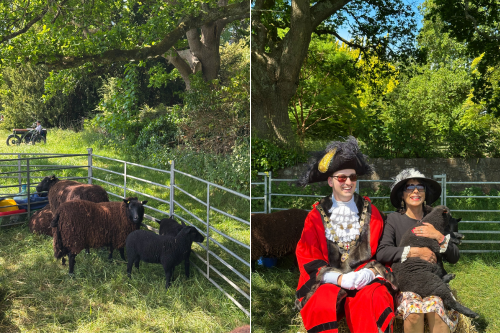
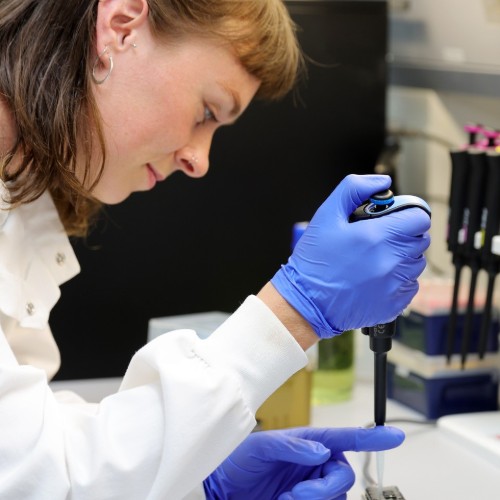
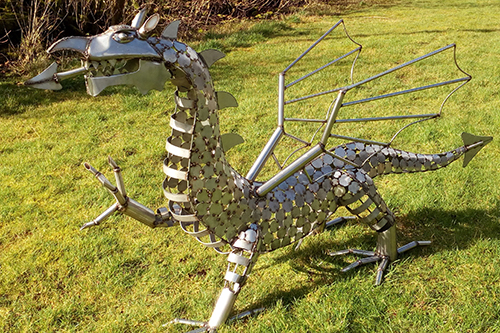
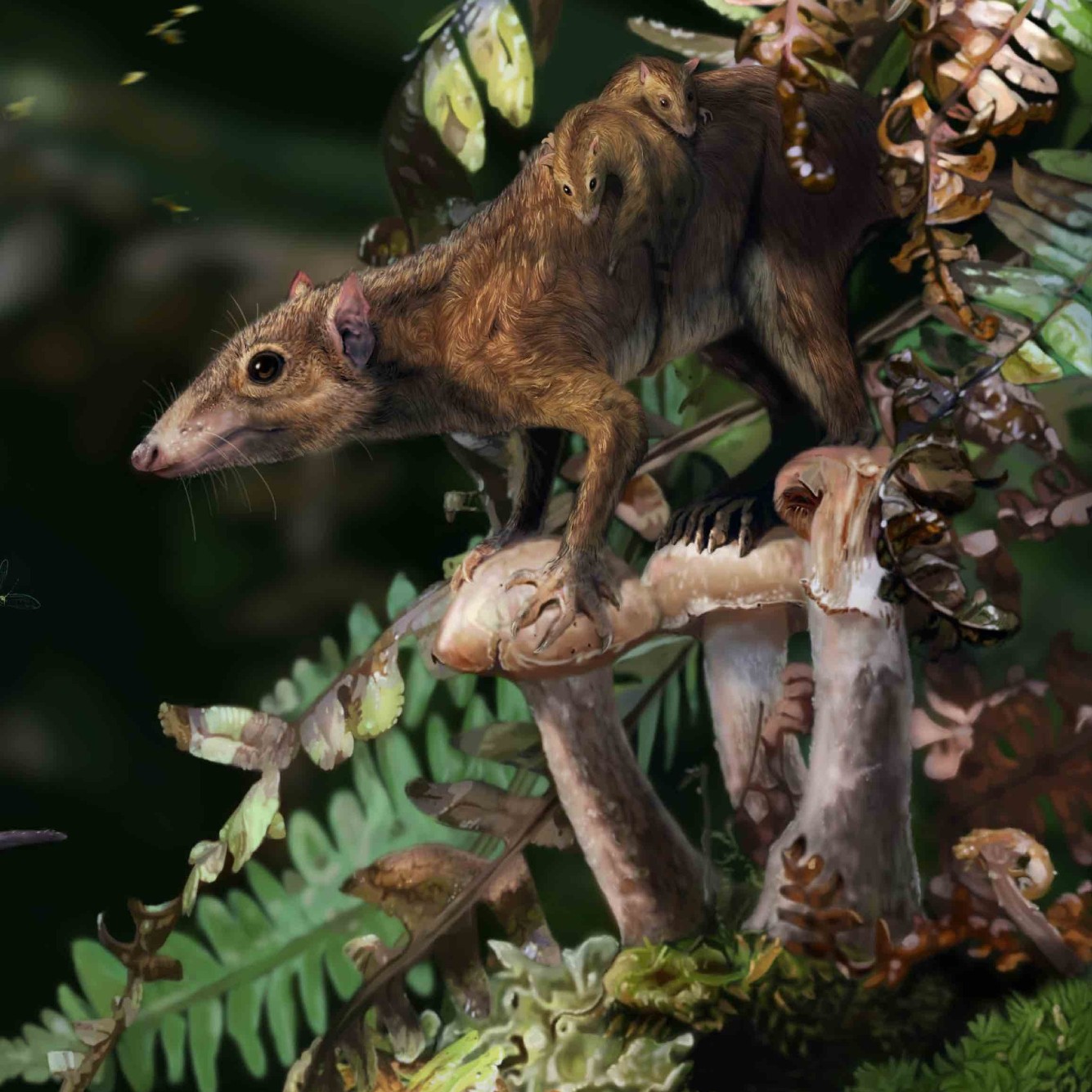
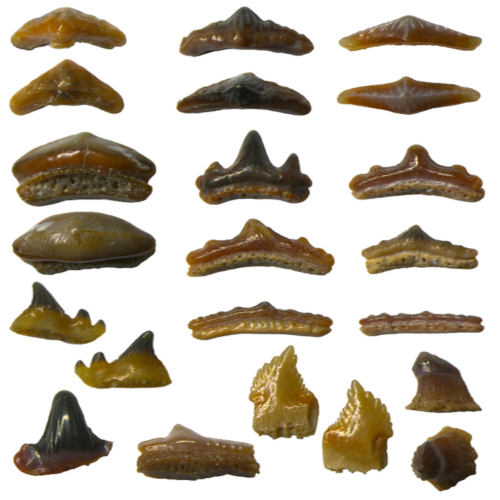
.jpg)
.jpg)